
Please choose a body region on the right for you to pin point the problem area of your body.

Shop by Condition

Shop by Brand
In today's fast-paced world, maintaining a healthy diet can be a challenge. Our busy schedules often lead to consuming processed foods that lack essential nutrients, including fiber. Fiber is a crucial component of a balanced diet, and many of us fall short of the recommended daily intake. This is where fiber supplements come into play. In this article, we'll explore the benefits of incorporating fiber supplements into your diet and how they can positively impact your overall health.
One of the most well-known benefits of fiber supplements is their positive impact on digestive health. Fiber plays a vital role in maintaining regular bowel movements and preventing constipation. Soluble fiber, found in supplements such as psyllium husk, absorbs water and forms a gel-like substance in your intestines, softening stools and promoting regularity. Insoluble fiber, on the other hand, adds bulk to your stool, aiding in the passage of waste through your digestive system. By including fiber supplements in your daily routine, you can significantly improve your digestive health and reduce the risk of gastrointestinal issues .
If you're looking to shed a few pounds or maintain a healthy weight, fiber supplements can be a valuable tool. Fiber-rich foods and supplements can help you feel full and satisfied, reducing your overall calorie intake. When you consume fiber, it expands in your stomach, sending signals to your brain that you're no longer hungry. This can lead to reduced food cravings and overeating. Additionally, fiber slows down the digestion and absorption of nutrients, helping to stabilize blood sugar levels and prevent energy crashes that can lead to unhealthy snacking. By including fiber supplements in your diet, you can support your weight management goals effectively.
Another significant benefit of fiber supplements is their positive impact on heart health. Soluble fiber, in particular, has been shown to lower levels of LDL (bad) cholesterol in the blood. High levels of LDL cholesterol are a risk factor for heart disease. By consuming soluble fiber supplements, you can help reduce your cholesterol levels and lower your risk of developing cardiovascular problems. Additionally, fiber may also help lower blood pressure, further promoting heart health. Incorporating fiber supplements into your diet is a simple yet effective way to support your cardiovascular system.
For individuals with diabetes or those at risk of developing the condition, fiber supplements can be a valuable ally in managing blood sugar levels. Soluble fiber helps slow down the absorption of sugar in the bloodstream, preventing rapid spikes and crashes in blood sugar levels. This can aid in better blood sugar control and reduce the need for insulin or other medications. If you have diabetes, consult with your healthcare provider to determine the appropriate fiber supplement for your needs.
Fiber supplements can also contribute to colon health and reduce the risk of colorectal cancer. A diet rich in fiber helps maintain a healthy colon by promoting regular bowel movements and preventing the buildup of harmful substances in the intestines. Additionally, fiber acts as a prebiotic, providing nourishment for beneficial gut bacteria that play a role in colon health. Research suggests that a high-fiber diet may be associated with a lower risk of colorectal cancer.
| |
|---|
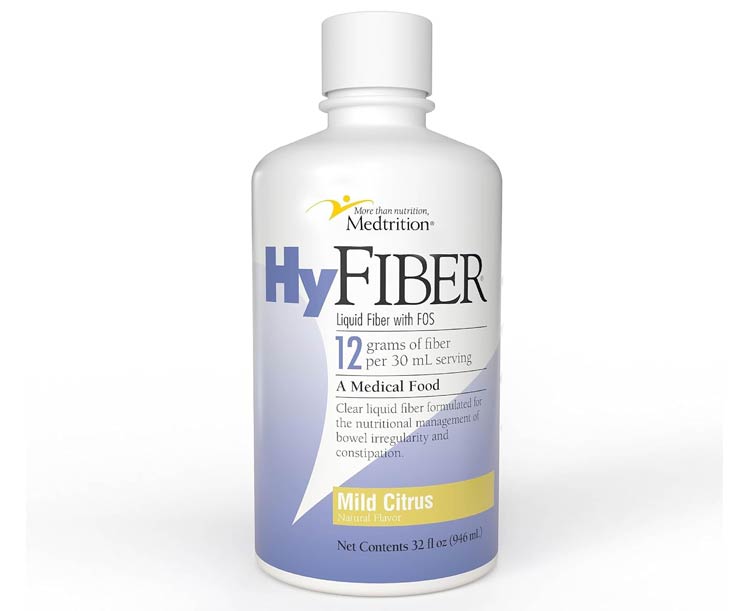 HyFiber Liquid Fiber with FOS |
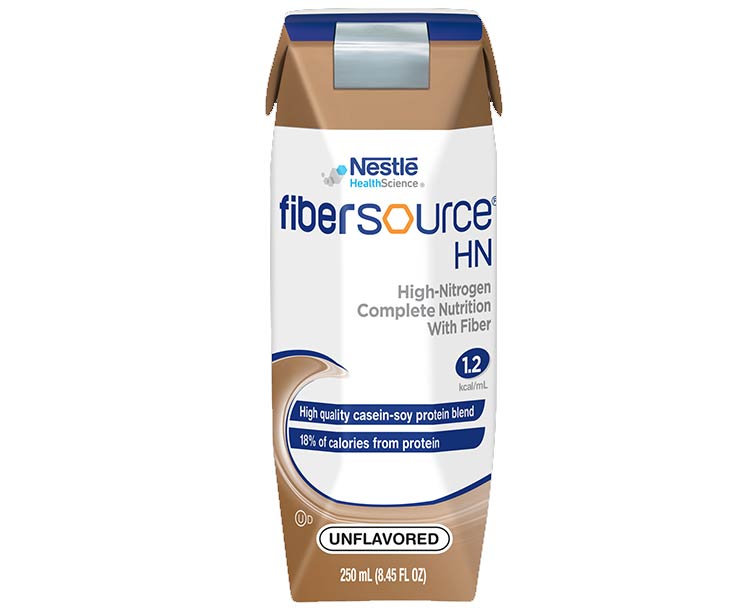 Fibersource HN |
| |
|---|
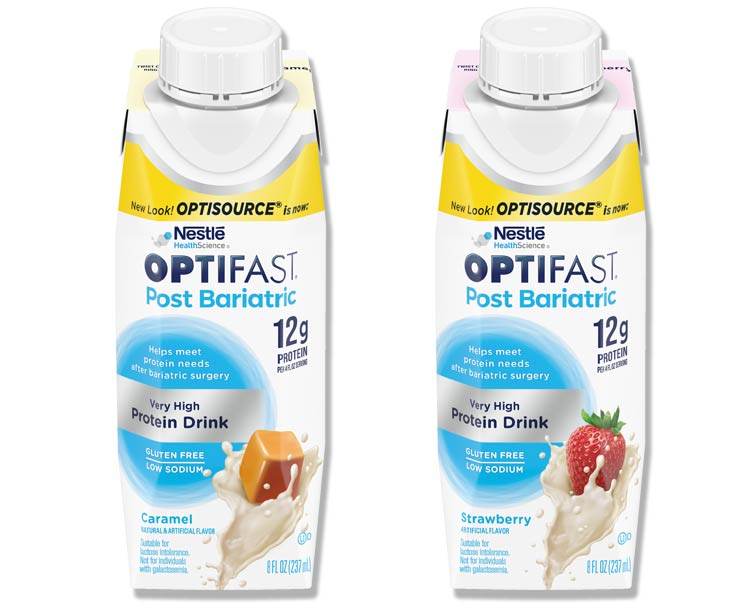 OPTIFAST Post Bariatric Very High Protein Drink |
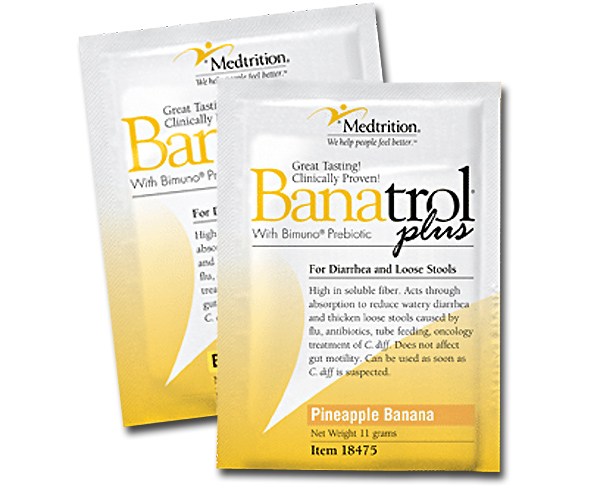 Banatrol Plus Anti-Diarrheal Powder |
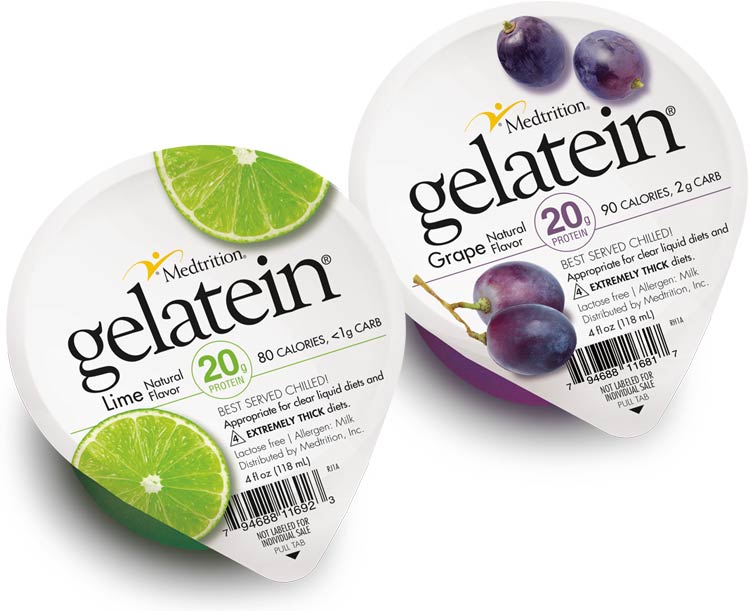 ProSource Gelatein 20 |
| Stay Connected! | |
|
|
|
Related Articles
Get $10 off your next order when you sign up to receive our email newsletter.*
Simply enter your email address below!
*Minimum order value of $100. Valid email address to qualify.







